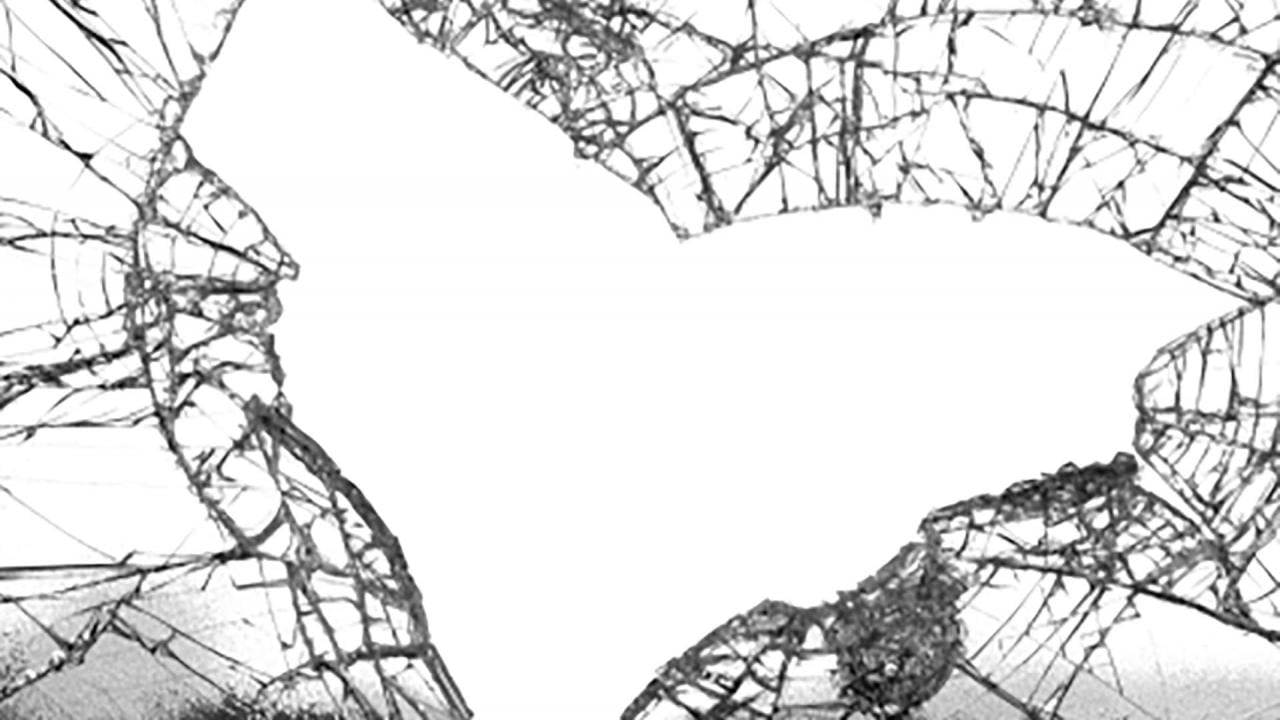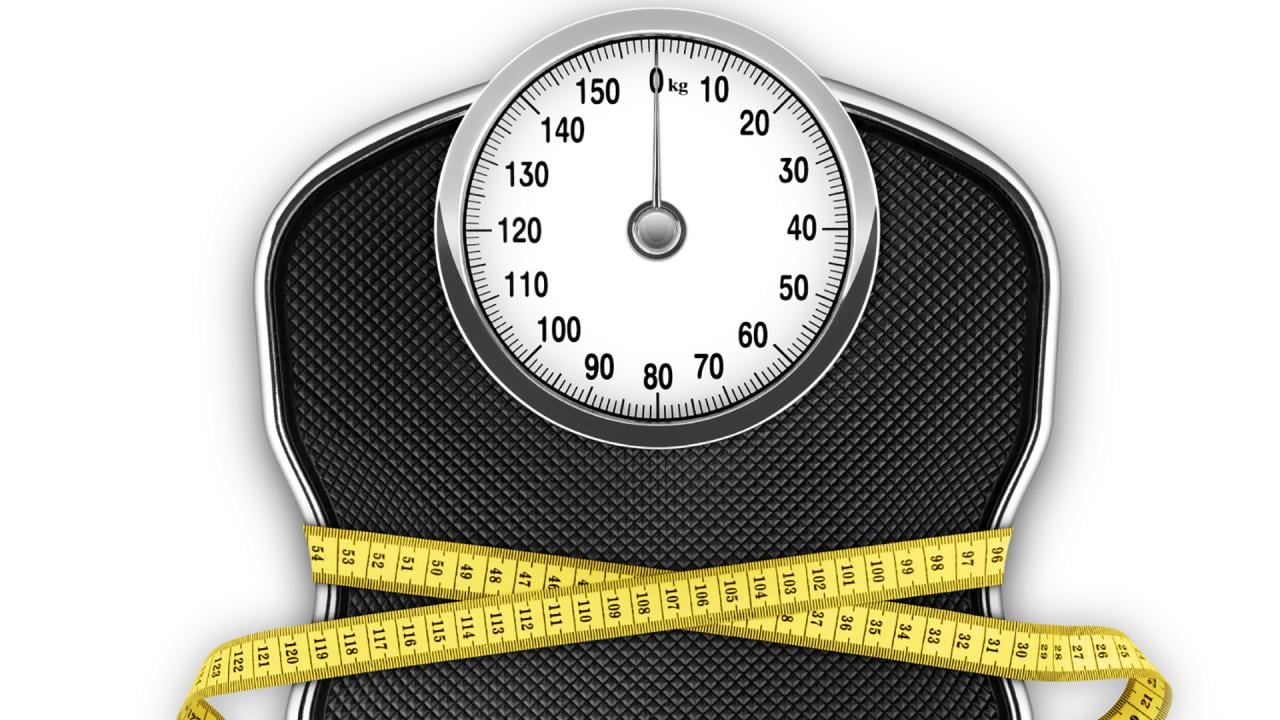Consequences of Eating Disorders
According to the Eating Disorder Referral and Information Center: Eating disorders profoundly impact an individual's quality of life. Self-image,...
Dr. Marcy Gurvey, an internist with the Facey Medical Group in Northridge, CA and former director of the Eating Disorder Program at NYU, answers some questions about diet pills and eating disorders.
Q: Which diet pills are safe?
A: This is a question I get asked all of the time. Since ephedra was banned for sale in the United States this past April, people are under the impression that all diet pills on the market are now safe for use. But, this is not the case. All over-the-counter diet pills work essentially the same way. They speed up the metabolism to burn more calories and suppress the appetite. The issue is that in the process of performing the function they are designed to, they have many untoward, adverse side effects, ranging from mild nervousness, insomnia, muscle twitching and tics to the more severe and sometimes fatal reactions, like an irregular heart beat, high blood pressure and stroke. It is also important to remember that diet pills work only while you are using them. So to maintain the weight loss you achieve with pills, you must continue to take them indefinitely thereby putting yourself at the additional risk of drug addiction and potential withdrawal should you eventually stop taking them. While there are two approved weight loss medications available (Meridia and Xenical), there are specific criteria for who should be taking them. Anyone who meets those criteria should take them only in conjunction with a medically supervised weight loss program.
Q: What are the long-term health effects of eating disorders?
A: Starvation, overeating and purging, whether by self-induced vomiting, laxative or diuretic abuse, all put an inordinate amount of stress on the internal organs. The list of complications is vast and includes, but is not limited to: Irregular heartbeat with a risk of sudden cardiac death; kidney failure; liver damage; anemia (low blood count); edema (swelling of the extremities); osteoporosis; abnormal menses and infertility; brittle nails; damage to the teeth; hair loss; excessive growth of body hair; mental slowing; dizziness and fainting spells. Unfortunately, not all of these conditions are reversible with correction of the eating disorder.
Q: What can I do if I think I have an eating disorder?
A: A good place to start is always with your doctor. Tell her your concerns and be honest with her about your habits so she can make sure you can get the help you need. She can do a physical exam and blood tests to determine what effects the eating disorder has already started to have on your health and can help you get set up with a therapist. Remember, eating disorders are both physical and psychological disorders.

According to the Eating Disorder Referral and Information Center: Eating disorders profoundly impact an individual's quality of life. Self-image,...

An enabler is a person who, acting out of a sincere sense of love, loyalty, and concern, steps in to protect, cover up for, make excuses for and...

In The 20/20 Diet: Turn Your Weight Loss Vision Into Reality, Dr. Phil shares the results of a national survey on the most common reasons why people...